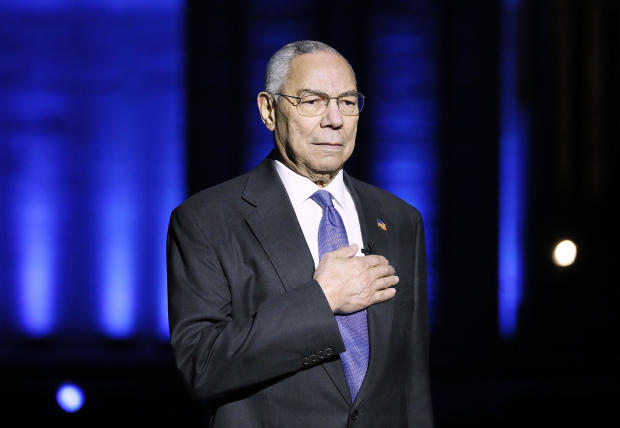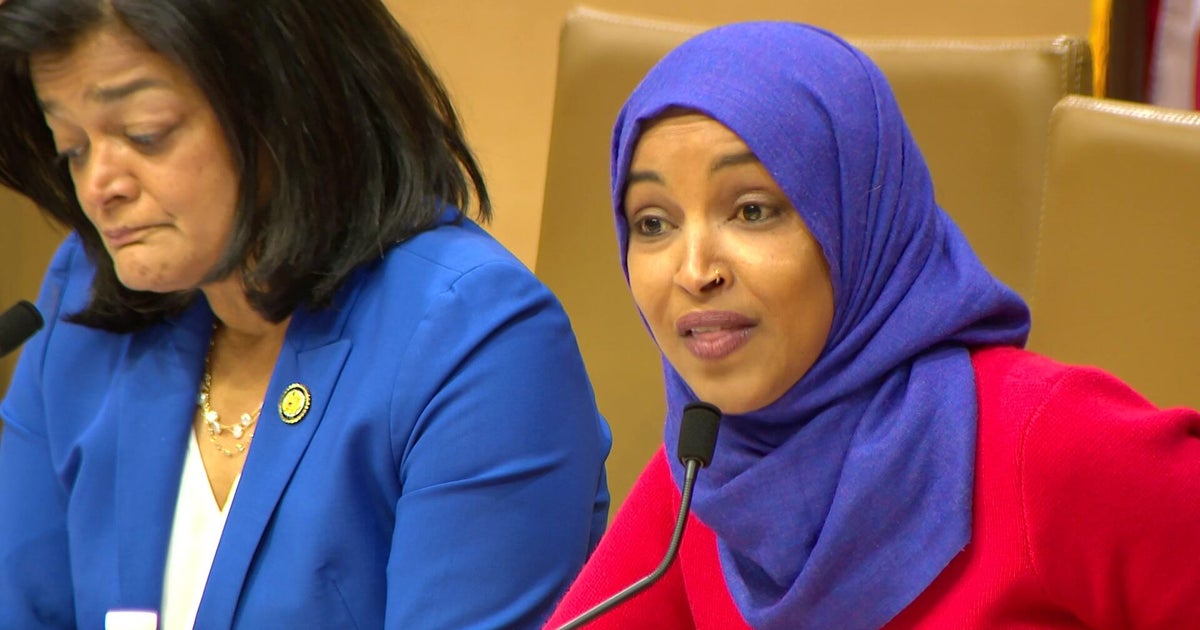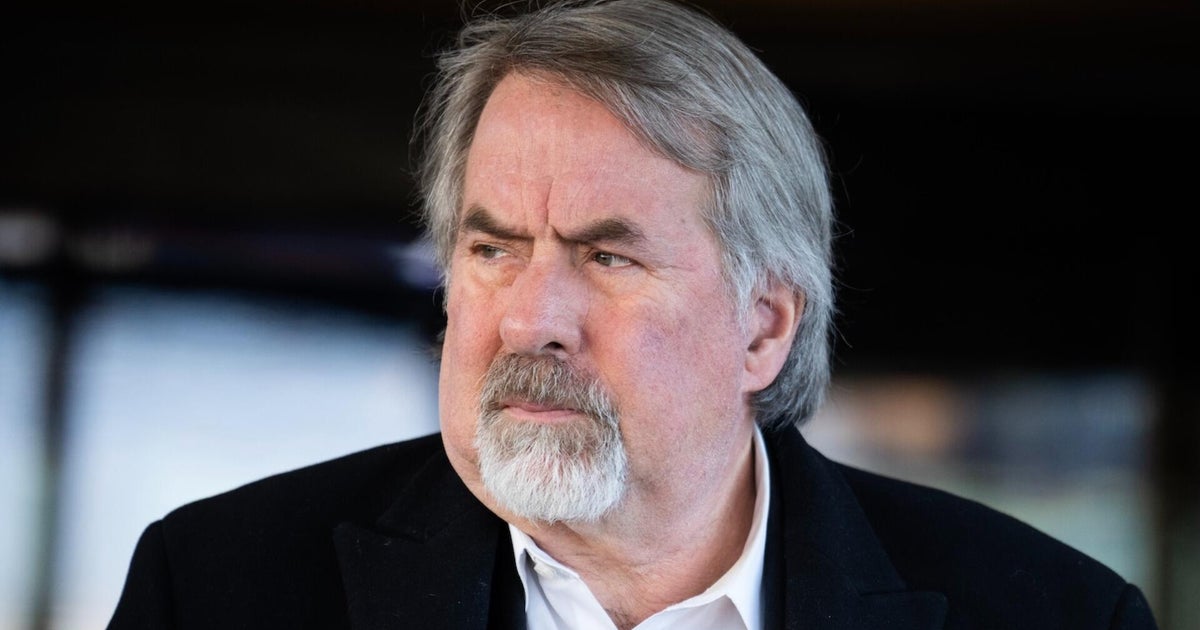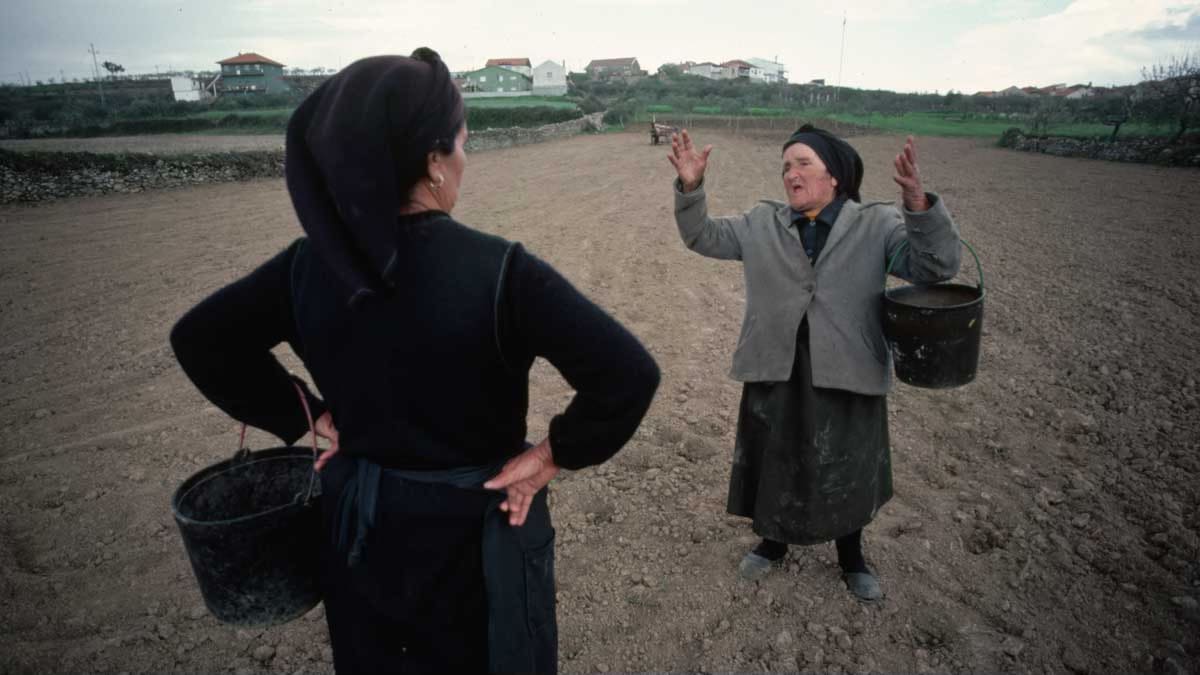Colin Powell, first Black secretary of state, dies at 84 from COVID-19 amid cancer battle
Washington — Former Secretary of State Colin Powell died Monday morning due to complications from COVID-19, his family announced, amid an ongoing battle with cancer. He was 84.
Powell, the first Black secretary of state and the former chairman of the Joint Chiefs of Staff, was fully vaccinated, his family said in a post on his Facebook page. But Powell had battled various other health ailments, and had been treated for multiple myeloma, a type of blood cancer that affects white blood cells and can severely compromise the immune system. His wife, Alma, also had a breakthrough case of COVID-19, but responded to treatment.
"We want to thank the medical staff at Walter Reed National Medical Center for their caring treatment," the Powell family wrote. "We have lost a remarkable and loving husband, father, grandfather and a great American."
President Biden ordered flags flown at half-staff until October 22 in remembrance of Powell, calling him "a patriot of unmatched honor and dignity."
"As a senator, I worked closely with him when he served as National Security Advisor, Chairman of the Joint Chiefs of Staff, and as Secretary of State. Over our many years working together — even in disagreement — Colin was always someone who gave you his best and treated you with respect," the president said in a statement.
"Colin embodied the highest ideals of both warrior and diplomat. He was committed to our nation's strength and security above all," Mr. Biden added. "Time and again, he put country before self, before party, before all else — in uniform and out — and it earned him the universal respect of the American people."
During an event for teachers at the White House Monday, Mr. Biden said people should "absolutely" still get vaccinated.
"Well, by the way, he had serious underlying conditions, as you know," he said. "That's the problem. It wasn't that the vaccinations aren't good. He had two very serious underlying conditions and unfortunately, it didn't work. God love him."
Born April 5, 1937, in Harlem, New York, to Jamaican immigrants, Powell was a ground-breaking figure in Washington and garnered respect from both sides of the aisle.
Powell joined the U.S. Army after graduating from college in 1958. Across his 35-year military career, he served two tours in Vietnam and was stationed in West Germany and South Korea.
He would go on to serve in top roles under four presidents, first as national security adviser to President Ronald Reagan, and then as chairman of the Joint Chiefs of Staff under President George H.W. Bush and President Bill Clinton, as the first African-American to hold the role. Powell then was tapped by President George W. Bush as secretary of state.
Powell led the State Department during the September 11, 2001, terror attacks and favored taking military action against al Qaeda. He also supported the invasion of Iraq and appeared before the United Nations to present evidence that Iraqi dictator Saddam Hussein had weapons of mass destruction. The chief justification for the war in Iraq, however, rested on bad intelligence.
Powell would go on to call his 2003 speech before the United Nations describing the weapons program in Iraq a "blot" on his record.
While Powell served primarily Republican presidents and was floated as a possible candidate himself, he drifted away from the GOP in his later years. The retired four-star general endorsed former President Barack Obama in 2008 over Republican nominee Senator John McCain, and again in 2012. He backed Hillary Clinton in 2016, and supported Mr. Biden over former President Donald Trump in 2020, and said Mr. Trump "lies all the time" and was not an "effective president."
In a statement Monday, Mr. Bush praised Powell as a "great public servant" whose counsel and experience was relied upon by presidents of both parties, and said he and former first lady Laura Bush are "deeply saddened" by his death.
"He was such a favorite of presidents that he earned the Presidential Medal of Freedom — twice. He was highly respected at home and abroad. And most important, Colin was a family man and a friend," Mr. Bush said. "Laura and I send Alma and their children our sincere condolences as they remember the life of a great man."
In a statement of his own, Mr. Obama recalled Powell's endorsement of his candidacy in 2008, noting that he "took the opportunity to get to the heart of the matter in a way only he could." Appearing on NBC's "Meet the Press" just weeks before the 2008 election, Powell addressed conspiracy theories about Mr. Obama's faith head on.
"It is permitted to be said such things as, 'Well, you know that Mr. Obama is a Muslim.' Well, the correct answer is, he is not a Muslim, he's a Christian. He's always been a Christian," Powell said. "But the really right answer is, what if he is? Is there something wrong with being a Muslim in this country? The answer is no, that's not America. Is there something wrong with some 7-year-old Muslim-American kid believing that he or she could be president? Yet, I have heard senior members of my own party drop the suggestion, 'He's a Muslim and he might be associated terrorists.' This is not the way we should be doing it in America."
Former Vice President Dick Cheney, who was secretary of defense in 1991 when he and Powell oversaw the expulsion of Iraqi troops from Kuwait during the first Gulf War, said he was "deeply saddened to learn that America has lost a leader and statesman."
"Working with him during Operations Desert Shield and Desert Storm, I saw first-hand General Powell's dedication to the United States and his commitment to the brave and selfless men and women who serve our country in uniform," Cheney said in a statement. "Colin was a trailblazer and role model for so many: the son of immigrants who rose to become National Security Advisor, Chairman of the Joint Chiefs, and Secretary of State."
Secretary of State Antony Blinken paid tribute to Powell in remarks from the State Department, praising him for not only a "legendary" military career, but for being an "exceptional diplomat" who helped modernize the State Department and bolster its resources.
"He was a man of ideas, but he wasn't ideological. He was constantly listening, learning, adapting. He could admit mistakes. It was just another example of his integrity," Blinken said, adding he is a "huge admirer" of Powell.
Blinken said he spent several hours with Powell on July 4, during which his "depth of knowledge about world events" and love for the State Department were clear.
"Colin Powell dedicated his extraordinary life to public service because he never stopped believing in America," he said. "And we believe in America in no small part because it helped produce someone like Colin Powell."
In France, diplomats mourned the passing of Powell, despite the differences that the U.S. and France had when the Iraq invasion took place. Secretary General of the French Ministry of Europe and Foreign Affairs François Delattre told CBS News that Powell was admired in France.
"We think of him as a respected military leader and a statesman," Delattre said.
Secretary of Defense Lloyd Austin told reporters he lost a "tremendous personal friend and mentor," and said it's "not possible to replace a Colin Powell."
"The world lost one of the greatest leaders that we have ever witnessed," Austin said, adding Powell always provided counsel to him on difficult issues. "I feel as though I have a hole in my heart."
David Martin, Jenna Gibson and Pam Falk contributed to this report.






